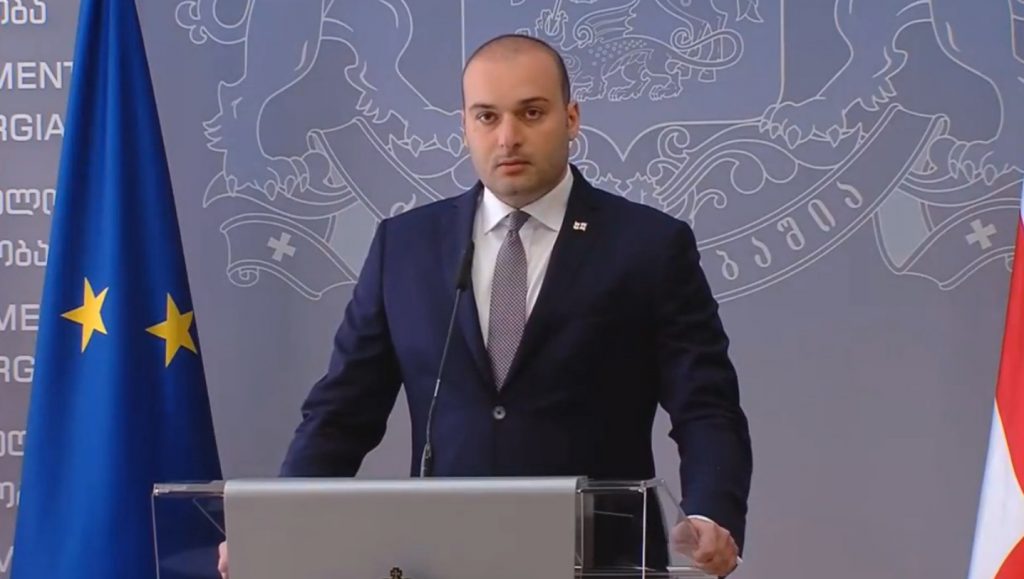The number of ministries in the Government of Georgia will be reduced from fourteen to eleven, Prime Minister Mamuka Bakhtadze announced at a news briefing on June 26, following his three-day-long consultations with ruling party leadership.
As part of the proposed structural changes, the Ministry of Culture and Sport will be merged with the Ministry of Education and Science, while the Ministry of Corrections will be merged with the Ministry of Justice.
The Ministry of Internally Displaced Persons from the Occupied Territories, Accommodation and Refugees will be abolished, with its resettlement component being transferred to the Ministry of Regional Development and Infrastructure, the migration component – to the Interior Ministry, and the social component – to the Ministry of Labor, Health and Social Affairs.
In other structural changes, the State Agency for Religious Issues will be merged under the Office of the State Minister for Reconciliation and Civic Equality, and the spatial development component of the Ministry of Economy and Sustainable Development will be transferred to the Ministry of Regional Development and Infrastructure.
The Prime Minister will now seek the Parliament’s endorsement for his structural reform plan, and if approved, the Government of Georgia will include the following ministries:
- Ministry of Defense;
- Ministry of Economy and Sustainable Development;
- Ministry of Education, Science, Culture and Sport (tentative name);
- Ministry of Environmental Protection and Agriculture;
- Ministry of Finance;
- Ministry of Foreign Affairs;
- Ministry of Internal Affairs;
- Ministry of Justice and Corrections (tentative name);
- Ministry of Labor, Health and Social Affairs (tentative name);
- Ministry of Regional Development and Infrastructure (tentative name);
- State Ministry for Reconciliation and Civil Equality (tentative name).
Small Government for Better Management
Prime Minister Bakhtadze stressed in his remarks today that small government “is in the interests of our people,” and that the structural reform plan would be accompanied by reduction of government spending.
“Government expenses will gradually decrease and reach 3.9% in relation to the Gross Domestic Product (the figure stands at 4.5%, according to PM’s office)… and the resources saved from reducing the bureaucracy will be spent on the needs of our society,” he stressed.
“We do not have a luxury of spending more than it is needed for our country and the challenges facing our economy,” the Prime Minister noted, adding that the structural reform plan would produce “result-oriented” governing institutions.
This post is also available in:
ქართული (Georgian) Русский (Russian)

